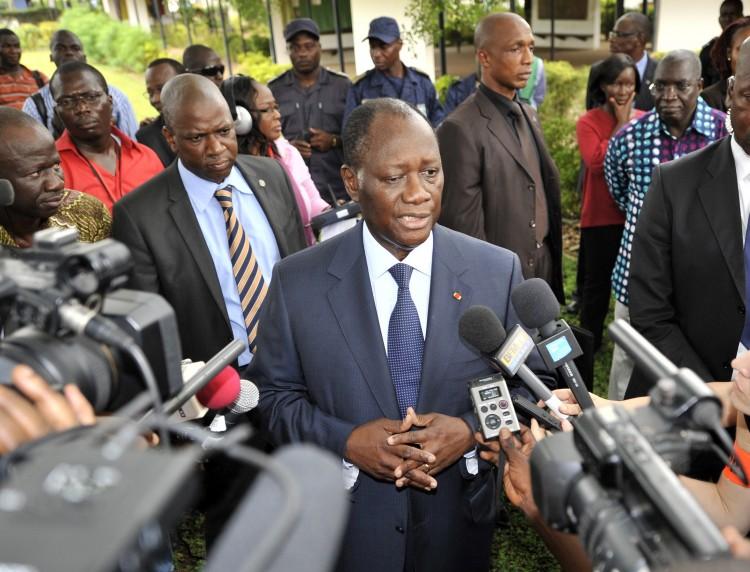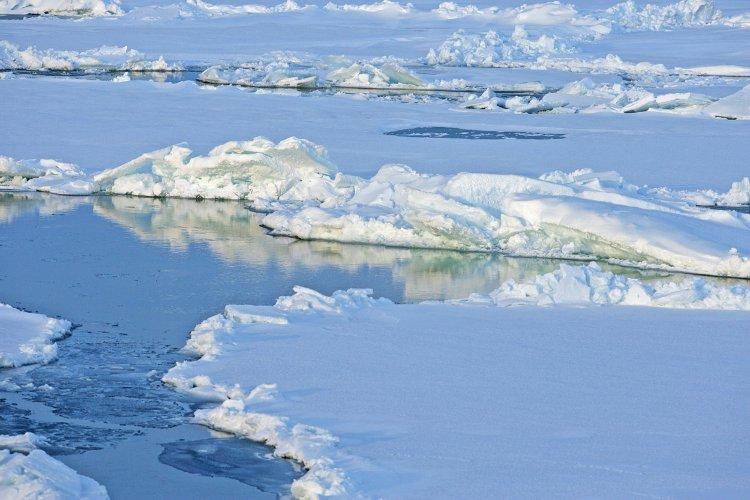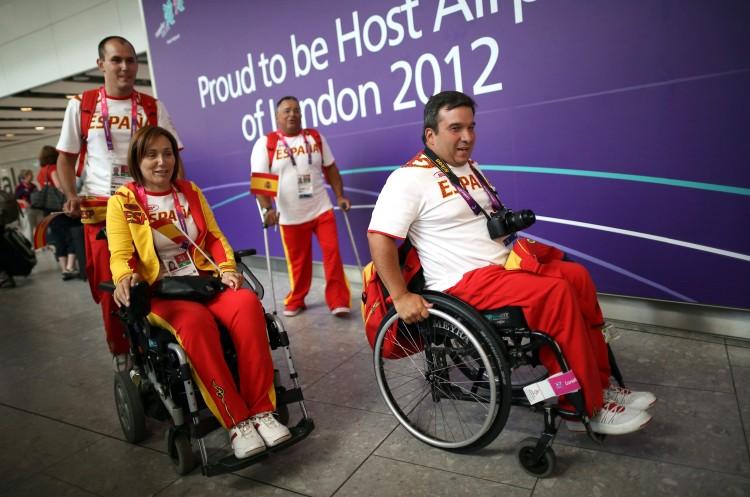This time last year, the Ivory Coast was in a tailspin. Incumbent President Laurent Gbagbo had lost the election by all independent accounts to Alassane Ouattara, but was refusing to leave office. The country had devolved into months of power struggle and bloodshed that did not end until French-backed troops apprehended Gbagbo. He was ultimately delivered to the International Criminal Court where he now stands trial for crimes he committed in the postelection carnage.
This year the Ivory Coast is a different place. Last weekend’s elections to confirm President Ouattara’s position were judged free and fair, with no unrest, and only minor complaints of irregularities, according to observers from the Economic Community of West African States (ECOWAS).
But with the supporters of Gbagbo boycotting the election, reconciliation and lasting peace are still far from certain.
Definitive results are still pending, but given the lack of significant opposition, President Alassane Ouattara’s Rally of the Republicans (RDR) party, and its coalition partner, Democratic Party of Ivory Coast (PDCI), seem to be heading for a landslide victory and parliamentary majority.
An anonymous election commission official told Reuters that final results were expected Wednesday. So far, 17 of the 255 seats have been announced, and of those 13 went to the coalition and four to independent candidates.
Low voter turnout, mainly due to the boycott, say opposition members, is one significant factor of this election. The country’s Electoral Commission puts the preliminary figure at 35 percent, while Gbagbo supporters claim it was as low as 20 percent. Final figures are expected along with definitive election results. In either case, it is a far cry from the 80 percent turnout in the 2010 race.
Still Divided
Gbagbo’s supporters still do not acknowledge Ouattara as Ivory Coast’s legitimate president, and have been demanding the former president’s release from custody.
Gbagbo stands accused of being the “indirect co-perpetrator” and bearing individual criminal responsibility of four counts of crimes against humanity, including murder, rape, and persecution in the postelection violence of late 2010 and early 2011 where an estimated 3,000 Ivorians lost their lives. His trial is scheduled to begin on June 18, 2012.
Paris-based commentator Julie Owono, who specializes in sub-Saharan African affairs for Global Voices Online, says hundreds, sometimes thousands, of overseas Ivorian supporters of Gbagbo’s FPI party have been gathering in Paris every Saturday since the 2010 elections to cry foul.
She thinks that the FPI strategy of boycotting the elections, which seemed politically dangerous at first, has to a certain extent discredited the election, given the seemingly low turnout.
“This questions more generally the process of reconciliation, which is currently going on in the country,” she said.
Owono thinks the election is nevertheless important.
“It was a first test for Alassane Ouattara’s regime. Would they be able to organize free, fair and democratic elections?” she said.
FPI spokesperson Justin Kone Katinan told AFP on Monday that the low turnout signifies a “silent revolt” among the Ivorians. He also said that reconciliation is impossible without “the effective presence and contribution” of Gbagbo.
Owono also commented on the bigger question of reconciliation as opposed to holding the perpetrators of the postelection violence accountable.
“Each camp is to count the dead and demonstrate the chain of guilt on both sides. Supporters of Laurent Gbagbo denounce a justice of the victors, while those of Ouattara greet effective justice,” she said.
Ouattara’s forces have also been accused of crimes in the wake of the presidential elections, but unlike Gbagbo, whose capture by French and Ivorian forces in April 2011, he has not been officially charged with anything.






